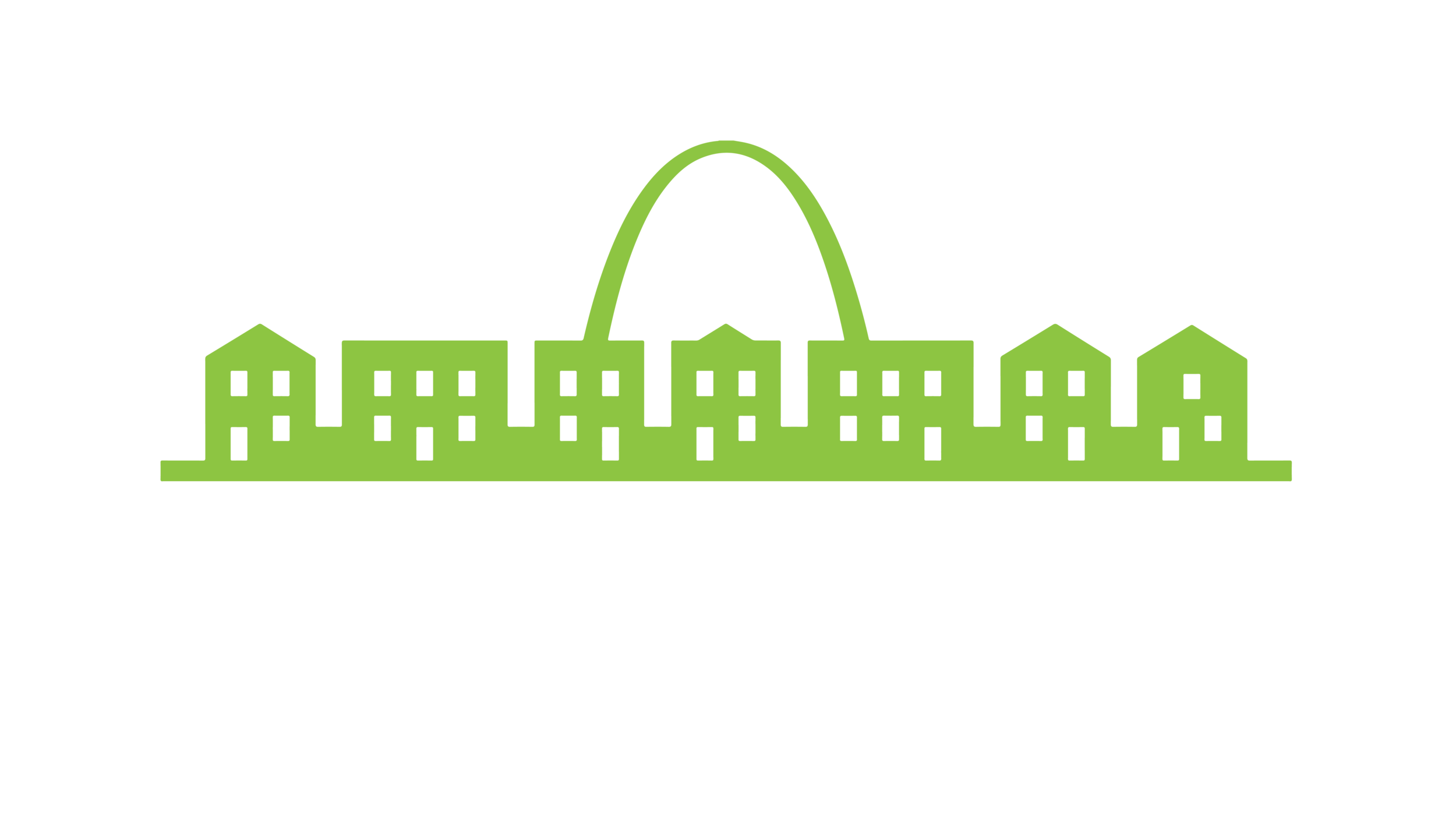How Stress Affects Our Students: Part 1
Imagine for a moment that you are in the fifth grade. You were in trouble at school last week, which means the Boss Lady (mom) is not happy with you. You know you can make her proud, though – and you’re going to start by acing this math test.
You’re laser-focusing. You speed through Section 1 and then you hear a weird noise and realize it’s your guts because you didn’t eat breakfast. That’s because you had to take the long way on MetroBus to avoid that one stop where the guy waits to steal kids’ bus passes. As you listen to your guts, your ear starts zeroing-in on all the other little sounds around you: the scritch-scritch of your neighbor’s mechanical pencil, the clack of your teachers’ heels on the tile as she walks to the board to write how many minutes are left…Time is running out. You can’t seem to think beyond the present moment as each second slips quietly away. As your brain clenches-up from the tension you grasp wildly at the idea of maybe looking at the paper of the kid in front of you. You need the answers and you need them right now.
Real life is inevitably, inescapably stressful. Part of becoming an adult is learning ways to manage stress. But what happens when your brain is so profoundly shaped by scarcity that planning for the future becomes a near-impossible task? Recent psychological studies have proven what – to many – is an obvious truth: when humans don’t have enough of something, their consciousness is dominated by thoughts of that lack (for a detailed, science-based explanation of this, read Scarcity: Why Having Too Little Means So Much, by economics professor Sendhil Mullainathan and cognitive psychologist Eldar Shafir [2013]).
Seen in this light, near-sighted financial planning isn’t necessarily irresponsible – it’s a natural response when you can’t think past the day’s many, small, immediate hurdles. To a brain under the pressure of poverty, long-term investment in the future becomes a distant, un-achievable prospect. The day-to-day struggle is all-encompassing, and it saps your energy and your ability to concentrate on anything bigger.
Neuroscientists have long been aware of the ways toxic stress can impact a child’s developing brain. Powerful and persistent stressors like abuse, neglect, or debilitating economic hardship can disrupt the development of neural connections and increase the risk for stress-related diseases (Center on the Developing Child, Harvard University).
Of course, sources of stress vary widely (even for kids), and some worries have more intense effects than others. When asked what stresses them out in life, children at St. Louis College Prep listed everything from the cringe-inducing squeak of chalk on a blackboard (even though most classrooms have whiteboards nowadays) to math homework to neighborhood bullies. Just one of those stressors in isolation might not seem so bad. But anxiety has a way of snowballing out-of-control and, when you’re in poverty, opportunities for stress crop-up endlessly. A few hectic days can cause Mom to forget about looking in the mailbox. Soon, your family’s EBT benefits are terminated because nobody saw the letter from the social services office, and it becomes hard to get enough fuel to keep your brain active and alert while you’re in school.
And while the stressors some children grapple with might seem piddling in comparison to the problems adults face in the “real world,” the impacts of stress on kids’ bodies and minds are just as real, if not more so. That’s because a young, plastic brain – while it contains unlimited potential – is also uniquely vulnerable.
How can the children of St. Louis learn to manage the stress that’s part-and-parcel of poverty?
Mission: St. Louis is committed to serving local children and their parents in ways that curb stress and cultivate hope. Expanded learning opportunities through Beyond School provide academic support – taking some of the pressure off parents. Enrichment classes like spoken-word poetry, yoga, improv, and fiber arts spark creativity and encourage scholars to enjoy the learning process and develop their unique strengths. Weekly group discussions, which students share their thoughts and feelings in a safe and supportive environment help scholars keep their emotional and social health a top priority. That’s as it should be – and that can only help families enjoy every day together while all of us work to fight poverty in St. Louis.

